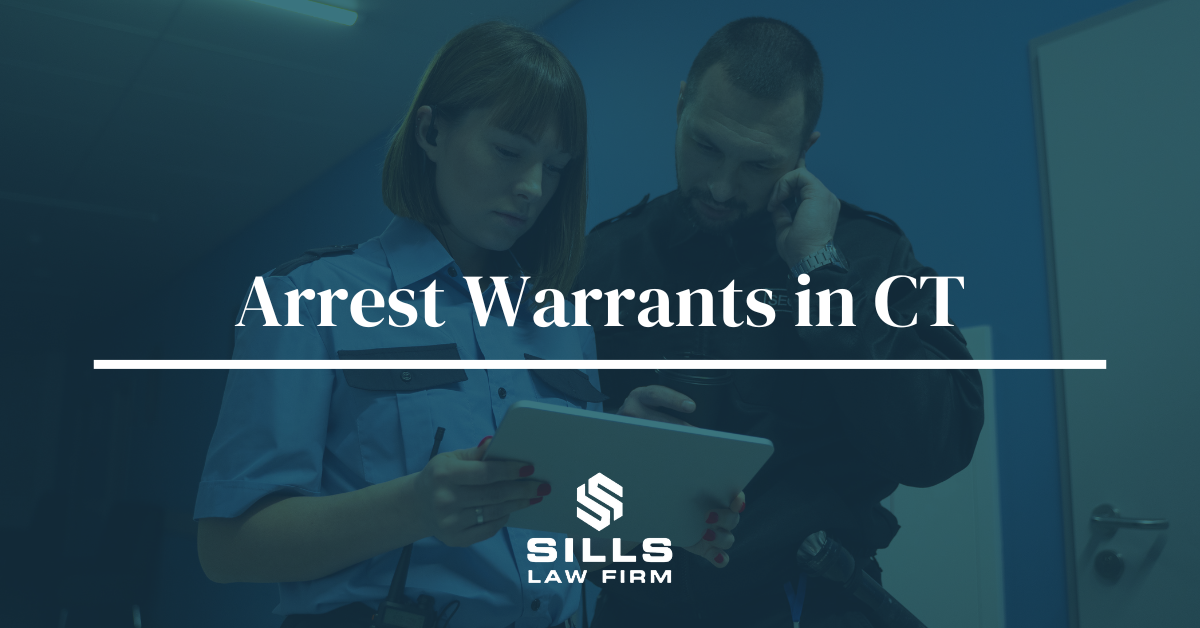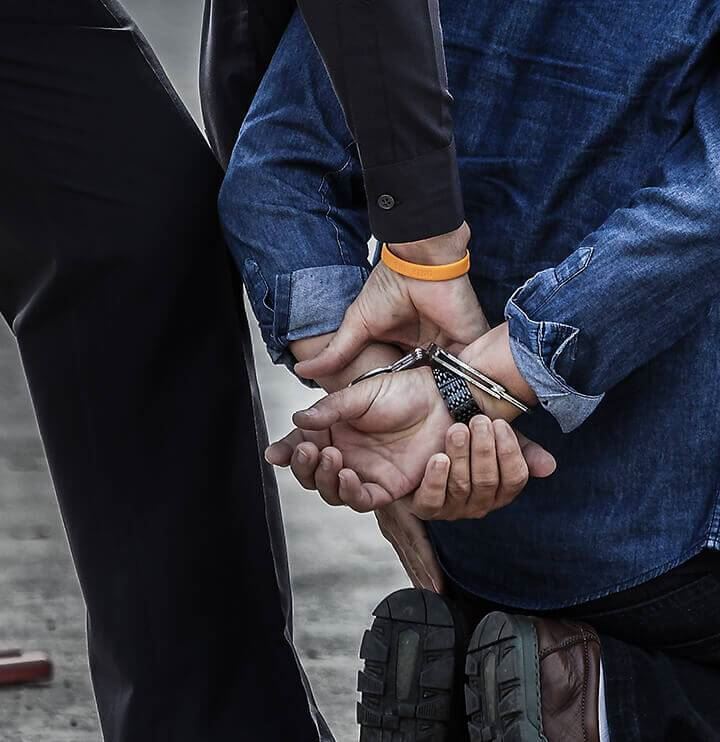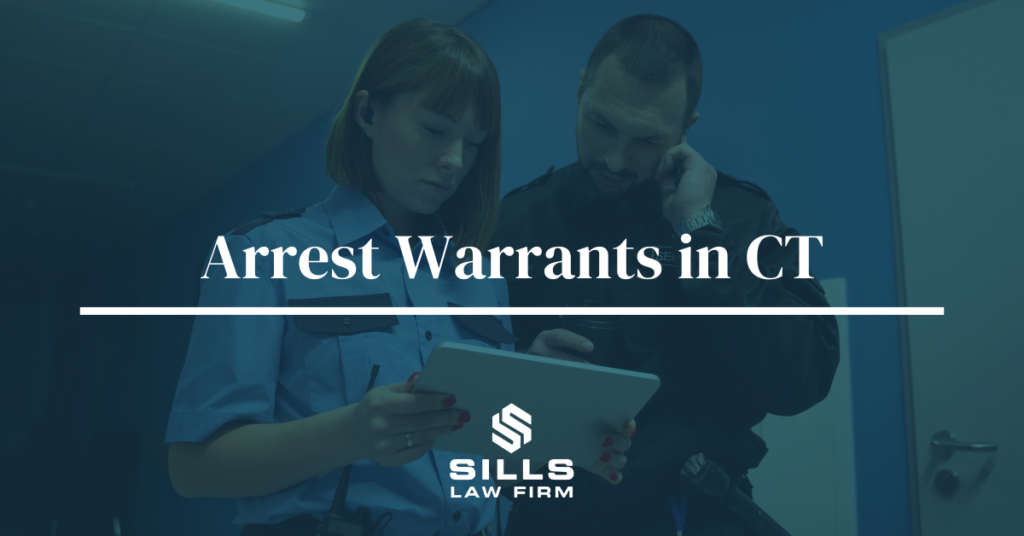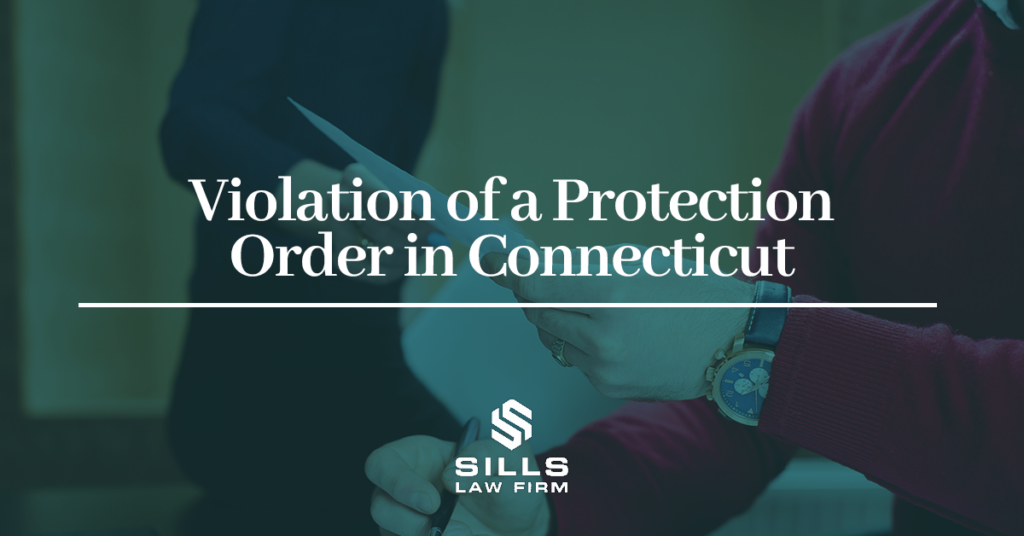Being suspected of a crime can be incredibly stressful. You may wonder what happens if the police believe you have engaged in criminal activity – and what you should do next. The answer depends on whether you are simply under investigation, if a warrant has been issued for your arrest, or if you have been arrested.
Arrest warrants are a legal order issued by a judge that gives police the authority to arrest you. Some types of arrest warrants are a matter of public record and can be searched online. A criminal defense lawyer can intervene on your behalf at any stage of the process to help you achieve the best possible outcome for your case.
The Sills Law Firm represents people who have been charged with all types of crimes, including serious felony offenses as well as misdemeanors. We take a proactive approach to criminal defense, developing a strategy to help our clients get the best result – whether that means a plea deal, getting the charges dismissed, or going to trial and asking the jury to return a not-guilty verdict. Call our law offices today to schedule a free consultation with a Connecticut criminal defense lawyer.
What Is an Arrest Warrant?
An arrest warrant is a court order that allows law enforcement to arrest you on criminal charges. Arrest warrants are issued by a court after a police officer applies for a warrant and demonstrates probable cause for the arrest.
Probable cause is a legal term. Probable cause to arrest a person exists when the facts and circumstances within the officer’s knowledge would lead them to reasonably believe that a person has committed a crime. It is more than just a hunch but doesn’t rise to the level of “beyond a reasonable doubt” that is required in court.
Typically, a law enforcement officer will testify under oath to a judge about the basis for the warrant. For example, if your current or former partner accuses you of domestic violence, then the police department will take their statement and likely perform a brief investigation. They will then submit an arrest warrant application to the local court and testify and present all evidence supporting the warrant.
Depending on the seriousness of the crime, the police may conduct a relatively short or more extensive criminal investigation. For a more complicated white-collar crime like embezzlement, the police may take months to build a case in support of criminal charges.
There are several different types of warrants in Connecticut. This includes:
- Failure to Appear (FTA) warrant: an order by a judge that authorizes a law enforcement officer to arrest a person who has not come to court for a scheduled hearing for an infraction, motor vehicle violation, or criminal matter.
- Order to Incarcerate (OTI): an order by a judge that authorizes a law enforcement officer to take a person to a state correctional facility because they have not paid a fine and/or served a prison sentence.
- Violation of Probation (VOP) warrant: an order by a judge that authorizes a law enforcement officer to arrest a person for not following their conditions or probation requirements.
An active warrant gives a police officer the authority to arrest a person for a felony or misdemeanor offense. Depending on the type of warrant at issue, you may be able to search for any active arrest warrants online (as described below).
It may be possible to prevent the issuance of a warrant with the help of a Connecticut criminal defense attorney. Your lawyer can advocate on your behalf with the appropriate law enforcement agency and/or prosecutor in an attempt to convince them that you did not commit a crime. If the warrant application has already been submitted to the court and/or the warrant has been issued, then you probably cannot get it rescinded. Instead, you will need to fight the charges with the help of your criminal lawyer.
What Happens After an Arrest Warrant Is Issued?
Once the police have an arrest warrant in hand, then they will likely take steps to arrest you immediately. This may include going to your home or place of business to find and arrest you. In some circumstances, the police may even be able to break into your house to arrest you if they believe that you are hiding and/or are dangerous. They could also arrest you in the middle of the night.
Getting arrested can be embarrassing. Whether you are at home or out in public, you probably don’t want people you know to see you being handcuffed by police officers. A criminal defense attorney may negotiate with the police and/or district attorney for you to turn yourself in instead of being physically arrested. The police aren’t required to let you turn yourself in at the station, however, so it may not always be possible to avoid being arrested.
How to Check for an Arrest Warrant in Connecticut
Having an outstanding warrant can understandably cause a lot of anxiety. If you know that you are under suspicion for allegedly committing a crime, you can search the Connecticut Judicial System’s website to determine if a warrant has been issued for your arrest. This database is known as the Paperless Arrest Warrant Network (PRAWN).
You will need to put in at least the first two letters of your last name, town, and court location.
This database only includes information on warrants for specific crimes: probation violations and failure to appear in court. If an arrest warrant has been issued for a more serious criminal offense, then it won’t be listed on the public judicial website. Instead, your Connecticut criminal defense lawyer will have to reach out to the local police department to find out if a warrant has been issued for your arrest. Do not attempt to call the police yourself.
Even if your arrest warrant is listed online, it will not include the amount of bail. Your attorney can likely reach out to the police and find out this information for you. This will allow you to make arrangements for bail.
Significantly, even though not all warrants are listed online, the police do have access to a PRAWN database that shows all arrest warrants. If you are stopped by the police for any reason – including a minor traffic violation – then they will see that a warrant has been issued. They can arrest you on the spot and take you into custody.
A warrant record is not the same as a criminal record. Nevertheless, having any outstanding arrest warrants can be scary. Reach out to an experienced attorney as soon as possible to learn more about your rights.
What to Do If a Warrant Has Been Issued for Your Arrest
Having an arrest warrant or even being arrested does not mean that you are guilty of a crime. Instead, it is often one of the first steps of the criminal justice process. If you learn that a warrant has been issued for your arrest, there are several steps that you can take.
First – and perhaps most importantly – you should call a lawyer. If you have been arrested and are at the police statement, immediately request to call an attorney. If you have not yet been arrested, you should schedule a consultation with a Connecticut criminal defense attorney as soon as possible to learn more about your legal rights and options.
Second, if you know that you are about to be arrested, you may want to reach out to a bail bond agent to make arrangements for bail to minimize jail time. Unless a judge denies bail for a violent crime, then you will usually be required to post bail money to be released from custody before trial. You may be able to post the entire amount in cash or may post a bond issued by a bail bond company.
Third, if you haven’t been physically arrested, you should make arrangements to turn yourself in at the police station. Turning yourself in is often better than being arrested somewhere that other people can see you, so it is usually a good choice if you have that option.
Fourth, once you are arrested, do not make a statement, answer any questions about the allegations against you, or sign any paperwork related to the charges. Instead, you should exercise your right to remain silent and ask for your lawyer.
Keep in mind that anything that you say while in jail can be used against you. This includes something that you might say on a phone call or to a fellow inmate. To increase the likelihood of a favorable outcome, do not talk to anyone about your case other than your attorney.
How Our Law Firm Can Help
If you find out that a judge has issued an arrest warrant, then you may rightfully be terrified of what will happen to you. An arrest warrant is serious, as it indicates that law enforcement has enough evidence against you to convince a court to issue the warrant. However, it isn’t the same as a conviction – and by making smart choices, you can protect your rights and options.
The Sills Law Firm represents people throughout Connecticut who are facing both felony charges and misdemeanor charges. We have significant experience handling all types of criminal matters and use our experience to help our clients get the best possible results for their cases. If you have been arrested or have learned of an arrest warrant, reach out to our law offices at 866-971-3909 (Hartford) or 203-591-1935 (Waterbury) or fill out our online contact form to talk to a Connecticut criminal attorney.






